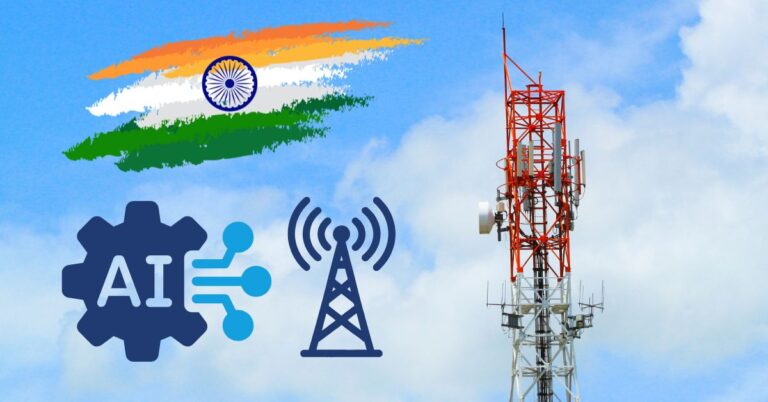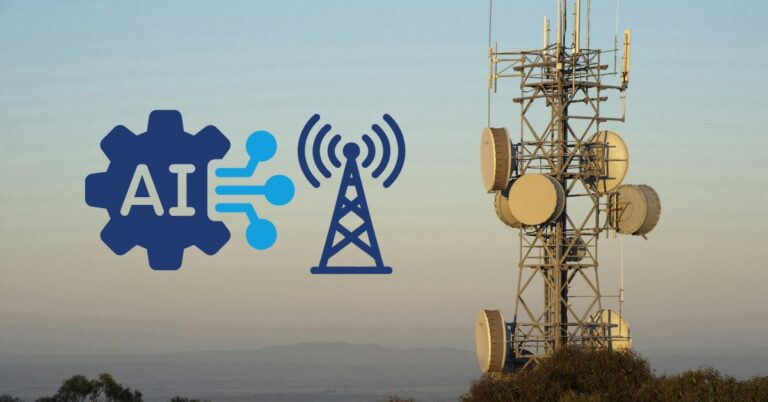Boldyn Networks (Boldyn) has announced the successful acquisition of Apogee Telecom (Apogee), a prominent provider of on-campus connectivity infrastructure for the US Higher Education (HED) industry. This strategic move enhances Boldyn’s connectivity offerings in the education sector by combining Apogee’s strong reputation and experience with Boldyn’s global expertise and comprehensive portfolio of wireless and fiber solutions. It underscores Boldyn’s commitment to improving connectivity across the US, where it has already invested billions of dollars.
Apogee’s Market Impact: Enhancing Higher Education Connectivity
Apogee provides managed wireless residential and campus networks, IT solutions, fiber infrastructure as a service, and video services for students, faculty, and staff. With this acquisition, Boldyn will take on more than 350 HED customers, representing the majority of outsourced on-campus residential infrastructure connectivity in the US.
“The acquisition of Apogee represents a fantastic opportunity for us at Boldyn to bring extended wireless capabilities to the growing US Higher Education segment,” said Igor Leprince, Group CEO of Boldyn Networks. “With over 25 years’ experience, deep knowledge, and an exceptional reputation in this segment, Apogee’s expertise and know-how ensure we continue to support US Higher Education institutions with the technology infrastructure services they need to operate and excel in today’s digital learning environment.”
Boldyn Networks’ Commitment to US Higher Education Ecosystem
Scott Drossos, CEO of Apogee, commented on the acquisition, highlighting the positive impact on the education ecosystem. “These are exciting times for Apogee and the education ecosystem. Apogee has become the technology services partner of choice for colleges and universities in the US to provide the highest quality wireless services to their students and staff,” said Drossos. “As a Boldyn Networks company, we are committed to continue serving and delighting our customers with the tailored connectivity infrastructure and managed technology services they have come to expect. Now with broader wireless technical expertise in areas like private LTE, 5G, and DAS, combined with unlimited innovation, and the financial backing of Boldyn that’s changing the game in the connectivity industry.”
Boldyn Networks Enhances Connectivity Offerings with Apogee Integration
Christos Karmis, Boldyn Networks’ US CEO, expressed enthusiasm about integrating Apogee into Boldyn. “We’re eager to welcome the Apogee team to our Boldyn family and further enhance our network connectivity offerings and support to our combined customers. Together, we will expand our connected solutions throughout the US Higher Education market,” said Karmis. “Connectivity requirements at colleges and universities are growing at some of the fastest rates in the country given the sophisticated user base and their demand for high bandwidth and low latency applications – Boldyn’s expertise in building the connectivity backbones of smart cities and large public venues puts us in a unique position to create the ‘smart campus’ of the future in partnership with leading institutions.”
Future Outlook: Strategic Integration of Apogee into Boldyn Networks
Apogee, now a part of Boldyn Networks, will integrate into Boldyn’s US organization under the leadership of Christos Karmis. This acquisition strengthens Boldyn’s breadth of expertise and reinforces its commitment to unlocking the power of an interconnected future. Boldyn Networks is enabling new possibilities through global shared communications infrastructure that spans subway systems, stadiums, real estate, government agencies, airports, heavy industry, and education campuses.
About Boldyn Networks
Boldyn Networks is one of the world’s largest neutral host providers, delivering advanced shared network infrastructure essential for a smart, inclusive, and sustainable future. The company combines the scale and expertise of industry-leading firms with a unified mission to unlock the power of an interconnected future. From interconnected transit and venues to smart cities, next-generation, and bespoke private networks, Boldyn enables new possibilities in the way people live, work, and play. The portfolio includes harnessing fiber, advancing 4G/LTE, accelerating 5G, preparing for 6G, and exploring future breakthroughs. Headquartered in the UK, Boldyn Networks operates globally across North America, Europe, and Asia.
About Apogee Telecom
Founded in Austin in 1999, Apogee Telecom is a leading provider of managed technology services for colleges and universities, enhancing the campus experience and fostering student vitality. Serving over one million students and administrators at more than 350 colleges and universities nationwide, Apogee’s comprehensive portfolio includes managed campus networks, managed IT, cloud, and security services, ResNet (residential networks), campus engagement, digital signage, and video services.
For more information, visit Boldyn Networks and Apogee Telecom.
Boldyn Networks was advised by Bank Street Group and Latham & Watkins. Houlihan Lokey acted as a financial advisor to Apogee.









































